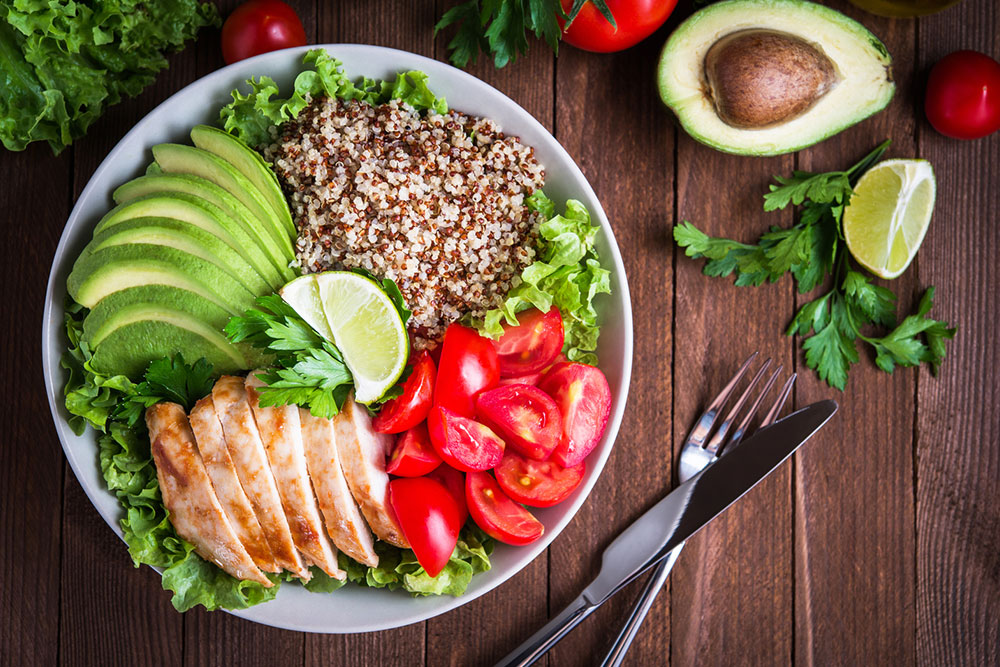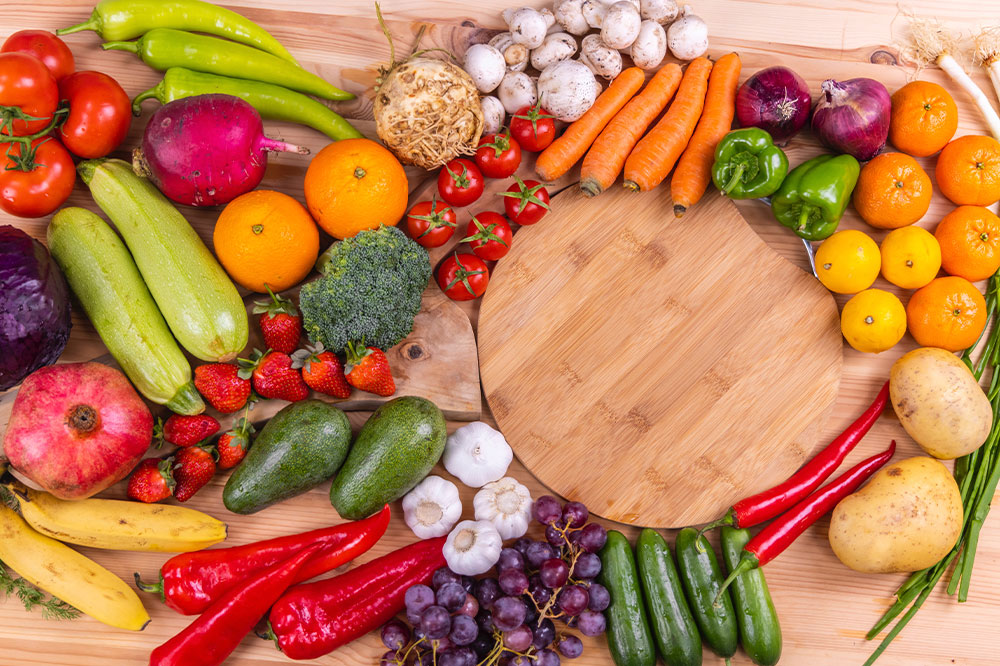Comprehensive Nutritional Strategies to Enhance Mental Wellness and Brain Health
Discover the essential role of nutrition in mental health with comprehensive dietary strategies. Learn about nutrient-rich foods like berries, leafy greens, whole grains, and probiotics that boost mood and brain function. Understand which foods to limit or avoid for stronger mental resilience and overall well-being. A holistic approach to eating habits can support emotional stability, enhance cognitive clarity, and promote an energized, balanced life. Incorporate these expert tips into your daily routine for optimal mental health benefits.

Dietary Choices to Promote Mental Wellbeing
In today’s fast-paced world, maintaining mental health is more critical than ever, and one often overlooked aspect is the profound impact of our dietary habits. As Heather Morgan, MS, NLC, thoughtfully notes, “Your eating habits can either nourish your health or hinder it,” highlighting the importance of mindful nutrition. Proper, balanced nutrition is not just essential for physical health but also plays a significant role in supporting mental resilience and emotional stability. Embracing a diet rich in specific nutrients can greatly aid in managing mental health challenges such as depression, anxiety, and stress while fostering overall well-being.
Scientific research consistently underscores the linkage between diet and mental health, demonstrating that a balanced diet combined with an active lifestyle leads to noticeable improvements in mood and cognitive function. The integration of nutrient-dense foods into daily routines can serve as both a preventive measure and a complementary approach to mental health treatment.
It’s important to recognize that fluctuations in mood or energy levels may sometimes be linked to deficiencies in essential vitamins, minerals, and other nutrients. Ensuring adequate intake of these vital components can be a simple yet powerful way to enhance mood, boost brain function, and improve overall quality of life. Here is a detailed exploration of top food choices that support mental health and strategies to optimize your nutritional intake.
Fresh Fruits and Vegetables
Prioritize consuming fresh, ripe fruits over processed fruit juices. Whole fruits provide a rich array of vitamins, minerals, antioxidants, and fiber that are vital for mental and physical health. For instance, vitamin C-rich citrus fruits bolster immune function and reduce oxidative stress, while leafy greens supply magnesium, which is essential for mood regulation. Consulting with a nutritionist can help determine the best fruit choices and optimal times for consumption to maximize benefits.
Berries
Include berries such as strawberries, blueberries, blackberries, and raspberries in your diet. These vibrant fruits are packed with antioxidants known for their anti-inflammatory properties. Regular consumption of berries has been linked to lower levels of depression and anxiety, thanks to compounds like anthocyanins, which protect brain cells from oxidative stress and promote neural repair.
Whole Grains
Whole grains like oats, brown rice, barley, and quinoa are excellent sources of tryptophan, an amino acid crucial for synthesizing serotonin—the neurotransmitter responsible for feelings of happiness and relaxation. Consuming these complex carbohydrates can help stabilize blood sugar levels, prevent mood swings, and promote restful sleep, all of which contribute to improved mental stability.
Probiotic-Rich Foods
Probiotics found in yogurt, kefir, and fermented foods play a vital role in maintaining a healthy gut microbiome. A balanced gut flora has been associated with lower stress levels, reduced symptoms of depression, and overall better mental health outcomes. Incorporating probiotic-rich options into daily meals supports digestion, enhances nutrient absorption, and influences mood-related brain chemistry.
Nuts and Seeds
A daily handful of walnuts, almonds, flaxseeds, and chia seeds provides essential fatty acids, antioxidants, and micronutrients that support brain health. Walnuts, in particular, contain high levels of omega-3 fatty acids and polyphenols, which aid in reducing neuroinflammation and fostering neurogenesis—both critical factors for mental resilience.
Leafy Green Vegetables
Spinach, kale, collard greens, and Swiss chard are nutrient powerhouses rich in folate, magnesium, and vitamin K. Folate deficiency has been linked to depression, and regular intake supports cognitive function, emotional regulation, and mental clarity. Including these vegetables in your diet can slow cognitive decline and bolster mental alertness.
Beans and Legumes
Beans such as lentils, chickpeas, black beans, and kidney beans offer a high dose of fiber, antioxidants, and B-vitamins like thiamine. These nutrients stabilize blood sugar, enhance neurotransmitter production, and support memory and mood regulation. Their versatile nature makes them an ideal component of balanced meals aimed at mental health support.
Foods to Limit or Eliminate
While emphasizing healthy foods is crucial, it is equally important to reduce or avoid items that can negatively impact mental health. Processed foods high in refined sugars, trans fats, and additives can exacerbate inflammation and disrupt neurotransmitter balance. Limiting intake of packaged snacks, sugary beverages, processed meats, and fried foods can significantly improve mood and cognitive function.
Implementing dietary changes begins with mindfulness—tracking daily food consumption, including snacks and side dishes, can reveal patterns and deficiencies. This awareness allows you to make targeted adjustments to foster mental clarity, emotional stability, and overall vitality.





